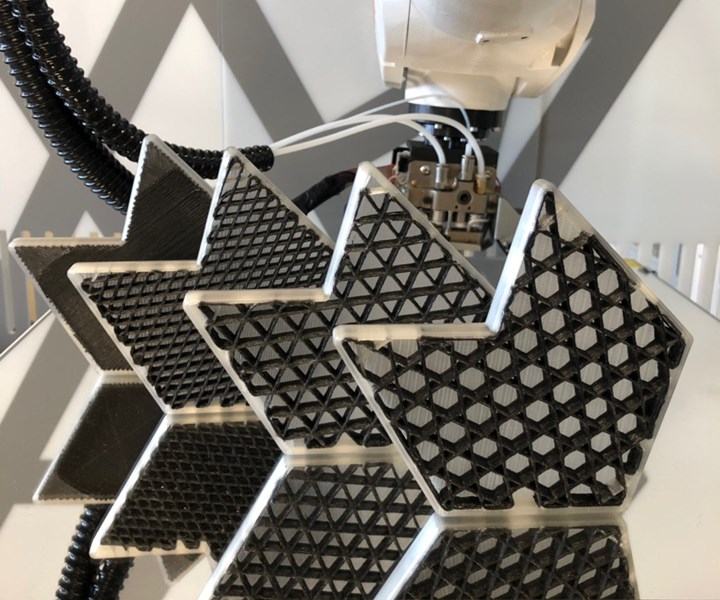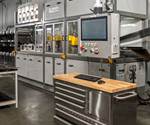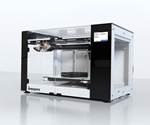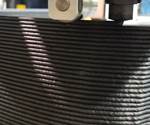Schunk Carbon Technology to 3D-print tooling using Anisoprint technology
The carbon fiber and ceramic solutions developer has adopted Anisoprint’s Composer printer and materials to accelerate its custom tooling operations.

Source | Anisoprint LLC
Schunk Carbon Technology (Menomonee Falls, Wis., U.S.), a division of the Schunk Group involved in the development, manufacture and application of carbon and ceramic solutions, has announced that it applying 3D printers and materials from Anisoprint (Esch-sur-Alzette, Luxembourg) to accelerate its custom tools production.
“We are using the Anisoprint Composer for printing demonstrators and tools for our production. The Composer does a good job! It works precisely and reliably, and together with its slicing software ‘Aura,’ it forms a capable tool,” says Gotthard Nauditt, R&D engineer for composites.
Schunk Group produces construction components from carbon/graphite, carbon compounds, silicon carbide and quartz for high-temperature applications, automotive and small motor technology. Anisoprint offers hardware solutions for the manufacturing of end-use parts based on its patented composite fiber co-extrusion (CFC) technology. It enables customization of materials properties by controlling the direction and volume fraction of the reinforcing fibers. Parts printed with its technology are reportedly stronger, lighter and cheaper than metal or non-optimized fiber-reinforced composites.
Related Content
-
The next evolution in AFP
Automated fiber placement develops into more compact, flexible, modular and digitized systems with multi-material and process capabilities.
-
Reinforcing hollow, 3D printed parts with continuous fiber composites
Spanish startup Reinforce3D’s continuous fiber injection process (CFIP) involves injection of fibers and liquid resin into hollow parts made from any material. Potential applications include sporting goods, aerospace and automotive components, and more.
-
Low-cost, efficient CFRP anisogrid lattice structures
CIRA uses patented parallel winding, dry fiber, silicone tooling and resin infusion to cut labor for lightweight, heavily loaded space applications.
.jpg;width=70;height=70;mode=crop)


